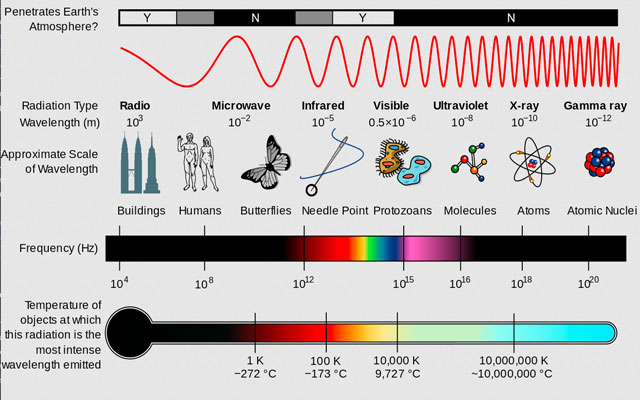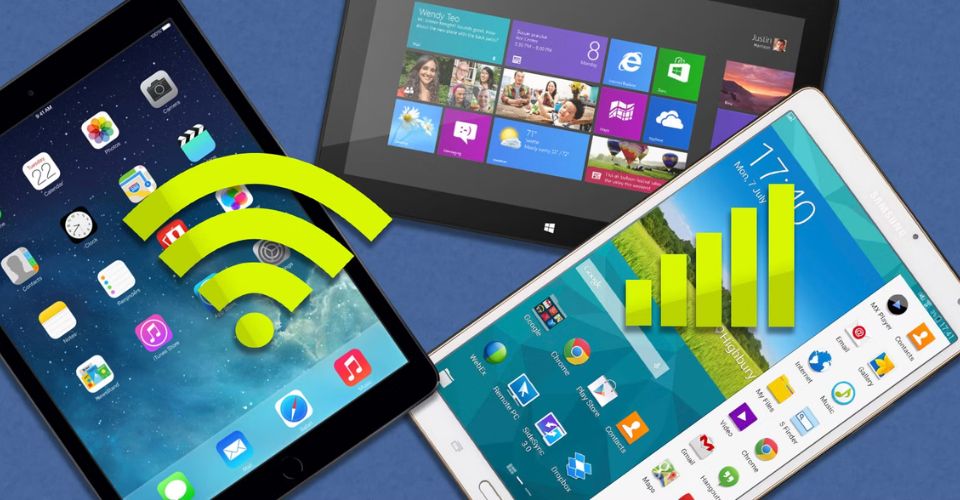What Is WiFi Jitter? Possible Reasons & Ways to Reduce WiFi Jitter
Jitter is one of the most common problems you will encounter when using the Internet. What is WiFi jitter? How many types are there? How evil is it to the Internet network? Let’s learn about its definition, causes, and solutions in this article.
.jpg)
What is jitter?
What Is WiFi Jitter?
First of all, it is necessary to understand what is WiFi? Generally speaking, WiFi allows wireless devices to connect to the Internet through radio signals from the router. When your devices use WiFi to transfer data packets, the delayed time can cause the jitter.
What is WiFi jitter? Jitter is the alteration in delay between the transmission of data packets. Irregularly spaced or out-of-order data packets reach destinations, resulting in interrupted online games, meetings, and poor streaming experience.
Related: What is a good jitter speed?
.jpg)
Network jitter definition
Types of WiFi Jitter
Total jitter
It is calculated using Bit Error Rate (BER) and a random and deterministic jitter combination.
Deterministic
Predicted or determined. It is reproducible, finite, and can be periodic. It is either correlated with the data stream (data-dependent jitter) or uncorrelated with the data stream (limited uncorrelated jitter).
Random
Also known as "Gauss Jitter", it indicates unpredictable electronic timing noise. This is usually due to clock issues or random electronic timing noise.
.jpg)
Several jitter types
What Are the Effects of WiFi Jitter?
Jitter not only creates inconsistencies in your network but also has an impact on your agents' and customers' experiences. Its effects on your communications are listed below:
Degraded real-time application quality
Real-time applications like video conferencing and voice over IP (VoIP) are negatively impacted by jitter. This is due to erratic packet arrival, which causes streams of audio or video to become distorted. Delays, interruptions, and generally poor call quality result from this.
Disrupted transmission of data
Jitter throws off the packet sequence during data transmission, necessitating reordering at the receiving end. The time and resources required for this reordering process eventually impact the data transmission speed and throughput.
Reduced user experience
In situations where network dependability is essential, such as online gaming or live streaming, even little differences in packet arrival delays can have a big effect on the user experience.
Jitter, for instance, causes buffering and delays in video, which ruins seamless gaming and lowers player interest.
.jpg)
Jitter effects network
Aggravation of network congestion
Jitter can make any network congestion problems currently existing worse. It adds to packet loss and delay when coupled with existing heavy network traffic. This makes the transfer of data much less efficient.
Lower quality of service (QoS)
Jitter may drastically decrease the quality of service (QoS) in enterprise situations, particularly for businesses that depend on cloud-based apps or distant services. It affects service consistency and dependability with its erratic delays.
What Are the Causes of Jitter?
Poor network performance
One of the most common reasons causing the jitter is poor network performance. When your router or modem has a problem, you can experience the jitter.
.jpg)
What causes network jitter
Bad flatform quality
If you determine that it is not the wireless network causing the jitter, it may be communication software.
Not all platforms are designed for HD Audio and Video. If you are using older software, this can cause high jitter.
Network congestion
Network congestion occurs when multiple devices are queued to use the same network, like traffic jams. This slows down the connection and causes jitter, delay, and other call quality issues.
How to Fix Jitter on WiFi?
Test your connection’s quality
Some VoIP providers have speed tests, which allow you to test your connection quality with software from VoIP providers.
In case your network performance or connection could be better, you may contact your Internet provider to see if they provide a superior package, like business-class high-speed Internet.
.jpg)
Test the quality of your connection
Use a robust router
Check your router reviews and ask around. High-speed Internet connections are especially needed in homes where many devices are connected to the same WiFi network.
High-end routers combined with high-speed Internet connections such as Gig WiFi routers are perfect for uninterrupted Internet connections.
See our guide to the best Internet routers for more suggestions!
Upgrade Ethernet Cable
It may make sense to use an Ethernet cable if you're working at a desktop computer rather than a laptop. When using WiFi while out and about, be aware that other users' actions may cause interference.
This indicates that a stronger connection at work may be achieved via an Ethernet cable. There's less chance of jitter, and Internet connections are frequently faster.
Then, run a WiFi speed test to check the Internet speed regularly for timely jitter solutions.
.jpg)
Upgrade ethernet cable
Prioritize packets
Your router should contain a QoS (quality of service) setting. Packets can be given priority over all other types of traffic if desired.
In order to overcome the jitter that is generating traffic congestion, you should use packet prioritization. If calls are more important to you than traffic, then this is critical.
Use a jitter buffer
A jitter buffer is a useful device installed on a VoIP system. They work by delaying and storing incoming voice packets. Also, they transmit data to the receiver after buffering it for between 30 and 200 milliseconds.
With as little delay as possible, this process aims to guarantee that the data packets arrive in sequence. Additionally, they can sometimes rearrange data packets based on the order in which they were delivered, depending on the buffer.
In addition to the solutions mentioned above, there are many ways to fix jitter. Here are some:
.jpg)
How to fix high jitter on WiFi?
Read more:
Conclusion
When you answer the question “what is wifi jitter?” and how bad it affects your network, you should also check its causes and how to get rid of it. Regular jitter is not a fun experience at all.
Upgrade your router, or use a high-speed network to eliminate jitter and have a seamless Internet experience.
References:
https://www.nextiva.com/support/articles/what-is-jitter.html
https://www.ir.com/guides/what-is-network-jitter

![What Is a WiFi Adapter for PC? How does it work? [Updated Guide]](https://gospeedcheck.com/filemanager/data-images/imgs/20240607/What%20is%20a%20wifi%20adapter%20for%20PC/what-is-a-wifi-adapter%20(2).jpg)




1 Comments
+855888670946
Elite
Leave a Comment
Your email address will not be published. Required fields are marked *Leave a Comment
Your email address will not be published. Required fields are marked *